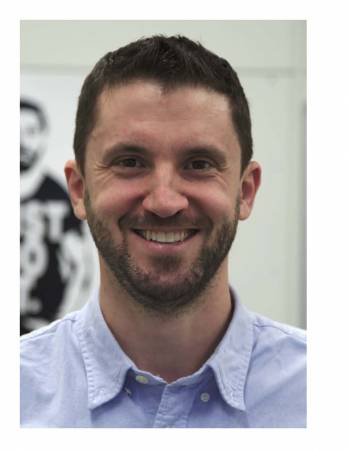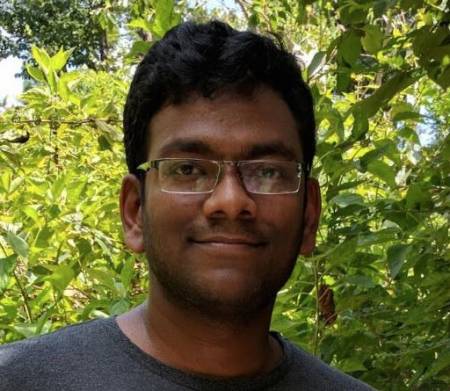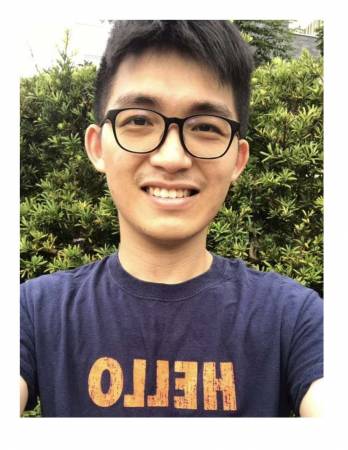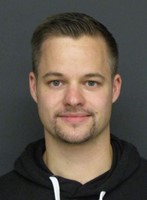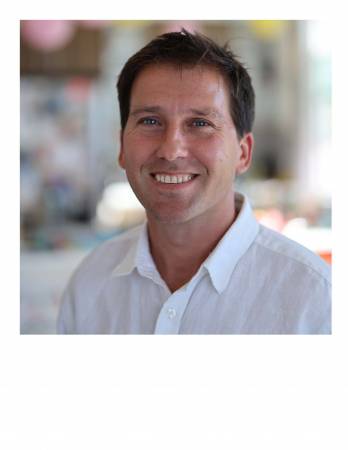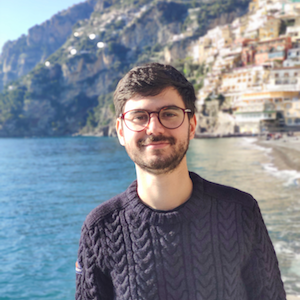VASC Seminar
Audio-Visual Learning for Social Telepresence
Abstract Relationships between people are strongly influenced by distance. Even with today’s technology, remote communication is limited to a two-dimensional audio-visual experience and lacks the availability of a shared, three-dimensional space in which people can interact with each other over the distance. Our mission at Reality Labs Research (RLR) in Pittsburgh is to develop such [...]
Representations in Robot Manipulation: Learning to Manipulate Ropes, Fabrics, Bags, and Liquids
Abstract: The robotics community has seen significant progress in applying machine learning for robot manipulation. However, much manipulation research focuses on rigid objects instead of highly deformable objects such as ropes, fabrics, bags, and liquids, which pose challenges due to their complex configuration spaces, dynamics, and self-occlusions. To achieve greater progress in robot manipulation of [...]
Towards editable indoor lighting estimation
Abstract: Combining virtual and real visual elements into a single, realistic image requires the accurate estimation of the lighting conditions of the real scene. In recent years, several approaches of increasing complexity---ranging from simple encoder-decoder architecture to more sophisticated volumetric neural rendering---have been proposed. While the quality of automatic estimates has increased, they have the unfortunate downside [...]
Computational imaging with multiply scattered photons
Abstract: Computational imaging has advanced to a point where the next significant milestone is to image in the presence of multiply-scattered light. Though traditionally treated as noise, multiply-scattered light carries information that can enable previously impossible imaging capabilities, such as imaging around corners and deep inside tissue. The combinatorial complexity of multiply-scattered light transport makes [...]
Mental models for 3D modeling and generation
Abstract: Humans have extraordinary capabilities of comprehending and reasoning about our 3D visual world. One particular reason is that when looking at an object or a scene, not only can we see the visible surface, but we can also hallucinate the invisible parts - the amodal structure, appearance, affordance, etc. We have accumulated thousands of [...]
Complete Codec Telepresence
Abstract: Imagine two people, each of them within their own home, being able to communicate and interact virtually with each other as if they are both present in the same shared physical space. Enabling such an experience, i.e., building a telepresence system that is indistinguishable from reality, is one of the goals of Reality Labs [...]
R.I.P ohyay: experiences building online virtual experiences during the pandemic: what works, what hasn’t, and what we need in the future
Abstract: During the pandemic I helped design ohyay (https://ohyay.co), a creative tool for making and hosting highly customized video-based virtual events. Since Fall 2020 I have personally designed many online events: ranging from classroom activities (lectures, small group work, poster sessions, technical papers PC meetings), to conferences, to virtual offices, to holiday parties involving 100's [...]
Physics-informed image translation
Abstract: Generative Adversarial Networks (GANs) have shown remarkable performances in image translation, being able to map source input images to target domains (e.g. from male to female, day to night, etc.). However, their performances may be limited by insufficient supervision, which may be challenging to obtain. In this talk, I will present our recent works [...]
Weak Multi-modal Supervision for Object Detection and Persuasive Media
Abstract: The diversity of visual content available on the web presents new challenges and opportunities for computer vision models. In this talk, I present our work on learning object detection models from potentially noisy multi-modal data, retrieving complementary content across modalities, transferring reasoning models across dataset boundaries, and recognizing objects in non-photorealistic media. While the [...]
Learning Visual, Audio, and Cross-Modal Correspondences
Abstract: Today's machine perception systems rely heavily on supervision provided by humans, such as labels and natural language. I will talk about our efforts to make systems that, instead, learn from two ubiquitous sources of unlabeled data: visual motion and cross-modal sensory associations. I will begin by discussing our work on creating unified models for [...]


